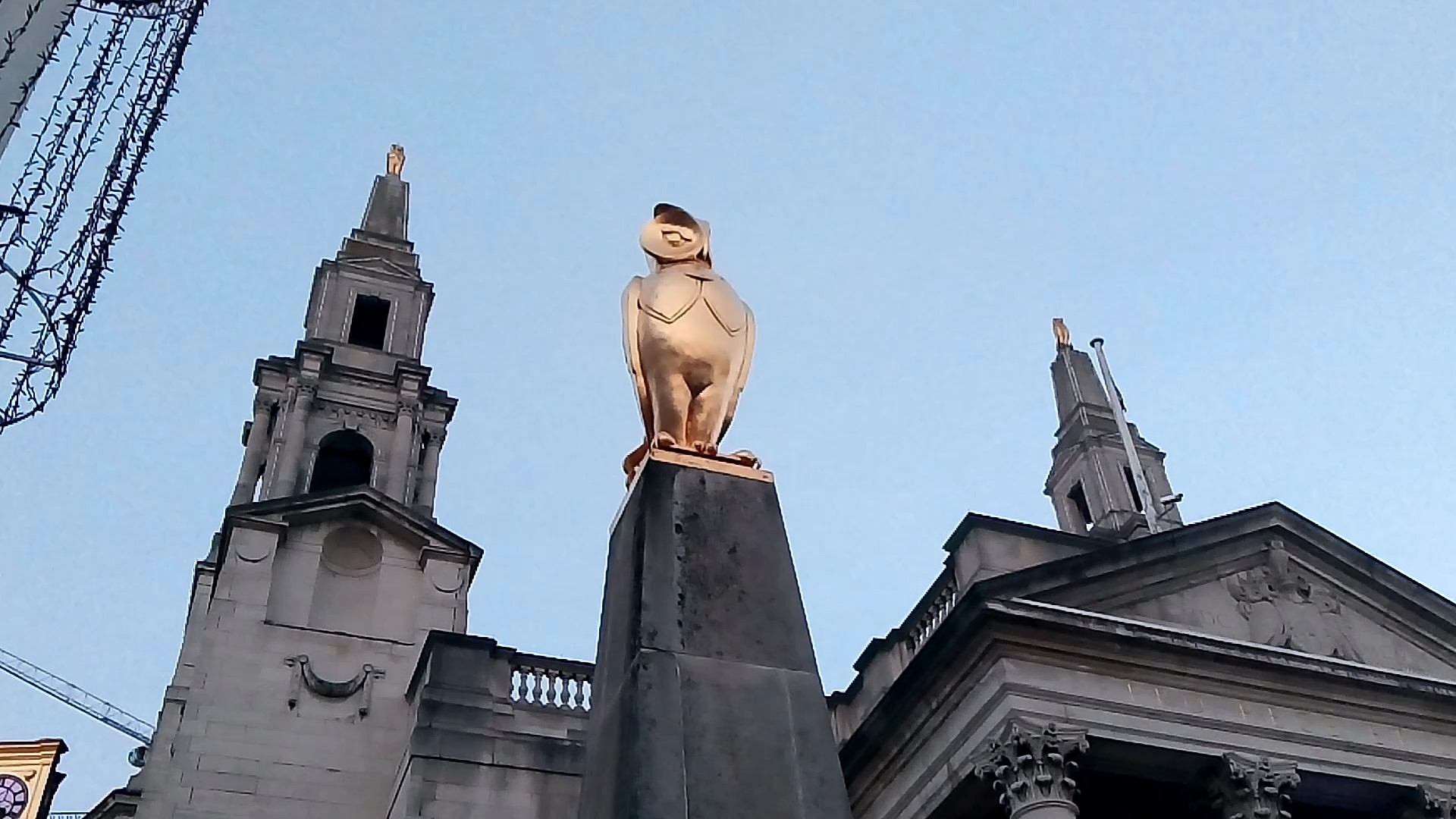Historic Burley Library building has received a grade II listing, which means it will be protected for future generations.
The former Cardigan Road library, which dates back to 1926, closed in February 2016 due to ‘health and safety reasons’ – but last week received ‘listed’ status by national heritage champion Historic England.
Listing marks and celebrates a building’s special architectural and historic interest, and also brings it under the planning system so it can be protected for future generations.
The building is currently being used as a temporary site office for a neighbouring student flat development.
The Historic England report says Burley’s neo-Georgian design displays a careful attention to detail that belies its tiny scale, and the interior retains a wealth of original features. It adds:
“Burley is a well-preserved example of a small inner-city branch library built to serve the local working class population.”
The full Historic England report can be read here.
The news has been welcomed by local residents, with Martin Patterson saying:
“I’m really pleased – Leeds City Council just let the building go. At least now it’s been listed it should ensure a sympathetic restoration in future.”
The Dispatch reported last October that an adjacent business owner – not named by previous owners Leeds City Council due to financial confidentiality reasons – had taken over the building.
A report by council officers justifying the sale at the time said:
“The library is dated and in a poor condition. Maintenance costs including those associated with bringing the fire alarm system back into use are considered prohibitive by library services. A fire evacuation door is also blocked.”
History
Burley Branch Library was designed by Gilbert Burdett Howcroft of Uppermill and was opened on 15 June 1926 by Alderman Sir Percy Jackson, Chairman of the West Riding Education Committee, and a trustee of the Carnegie United Kingdom Trust.
The library cost £8,338 to build, with most of the funding coming from the Carnegie Trust and the rest from Leeds Council.


